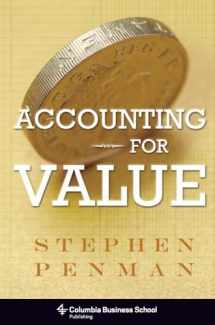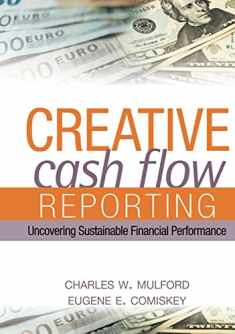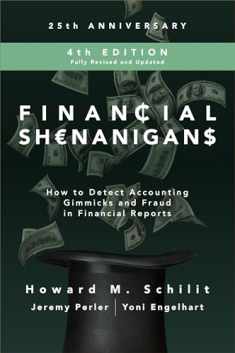
Accounting for Value (Columbia Business School Publishing)
ISBN-13:
9780231151184
ISBN-10:
0231151187
Edition:
unknown
Author:
Stephen Penman
Publication date:
2010
Publisher:
Columbia Business School Publishing
Format:
Hardcover
244 pages
FREE US shipping
on ALL non-marketplace orders
Rent
35 days
Due Jun 07, 2024
35 days
from $27.31
USD
Marketplace
from $34.31
USD
Marketplace offers
Seller
Condition
Note
Seller
Condition
New
Brand New! Not overstocks! Brand New direct from the publisher! Ships in sturdy cardboard packaging.
Book details
ISBN-13:
9780231151184
ISBN-10:
0231151187
Edition:
unknown
Author:
Stephen Penman
Publication date:
2010
Publisher:
Columbia Business School Publishing
Format:
Hardcover
244 pages
Summary
Accounting for Value (Columbia Business School Publishing) (ISBN-13: 9780231151184 and ISBN-10: 0231151187), written by authors
Stephen Penman, was published by Columbia Business School Publishing in 2010.
With an overall rating of 3.9 stars, it's a notable title among other
Finance
(Investing, Decision-Making & Problem Solving, Management & Leadership, Financial, Accounting, Business Mathematics, Business Skills, Decision Making) books. You can easily purchase or rent Accounting for Value (Columbia Business School Publishing) (Hardcover, Used) from BooksRun,
along with many other new and used
Finance
books
and textbooks.
And, if you're looking to sell your copy, our current buyback offer is $3.01.
Description
Accounting for Value teaches investors and analysts how to handle accounting in evaluating equity investments. The book's novel approach shows that valuation and accounting are much the same: valuation is actually a matter of accounting for value.
Laying aside many of the tools of modern finance—the cost-of-capital, the CAPM, and discounted cash flow analysis—Stephen Penman returns to the common-sense principles that have long guided fundamental investing: price is what you pay but value is what you get; the risk in investing is the risk of paying too much; anchor on what you know rather than speculation; and beware of paying too much for speculative growth. Penman puts these ideas in touch with the quantification supplied by accounting, producing practical tools for the intelligent investor.
Accounting for value provides protection from paying too much for a stock and clues the investor in to the likely return from buying growth. Strikingly, the analysis finesses the need to calculate a "cost-of-capital," which often frustrates the application of modern valuation techniques. Accounting for value recasts "value" versus "growth" investing and explains such curiosities as why earnings-to-price and book-to-price ratios predict stock returns. By the end of the book, Penman has the intelligent investor thinking like an intelligent accountant, better equipped to handle the bubbles and crashes of our time. For accounting regulators, Penman also prescribes a formula for intelligent accounting reform, engaging with such controversial issues as fair value accounting.
Laying aside many of the tools of modern finance—the cost-of-capital, the CAPM, and discounted cash flow analysis—Stephen Penman returns to the common-sense principles that have long guided fundamental investing: price is what you pay but value is what you get; the risk in investing is the risk of paying too much; anchor on what you know rather than speculation; and beware of paying too much for speculative growth. Penman puts these ideas in touch with the quantification supplied by accounting, producing practical tools for the intelligent investor.
Accounting for value provides protection from paying too much for a stock and clues the investor in to the likely return from buying growth. Strikingly, the analysis finesses the need to calculate a "cost-of-capital," which often frustrates the application of modern valuation techniques. Accounting for value recasts "value" versus "growth" investing and explains such curiosities as why earnings-to-price and book-to-price ratios predict stock returns. By the end of the book, Penman has the intelligent investor thinking like an intelligent accountant, better equipped to handle the bubbles and crashes of our time. For accounting regulators, Penman also prescribes a formula for intelligent accounting reform, engaging with such controversial issues as fair value accounting.


We would LOVE it if you could help us and other readers by reviewing the book
Book review

Congratulations! We have received your book review.
{user}
{createdAt}
by {truncated_author}




